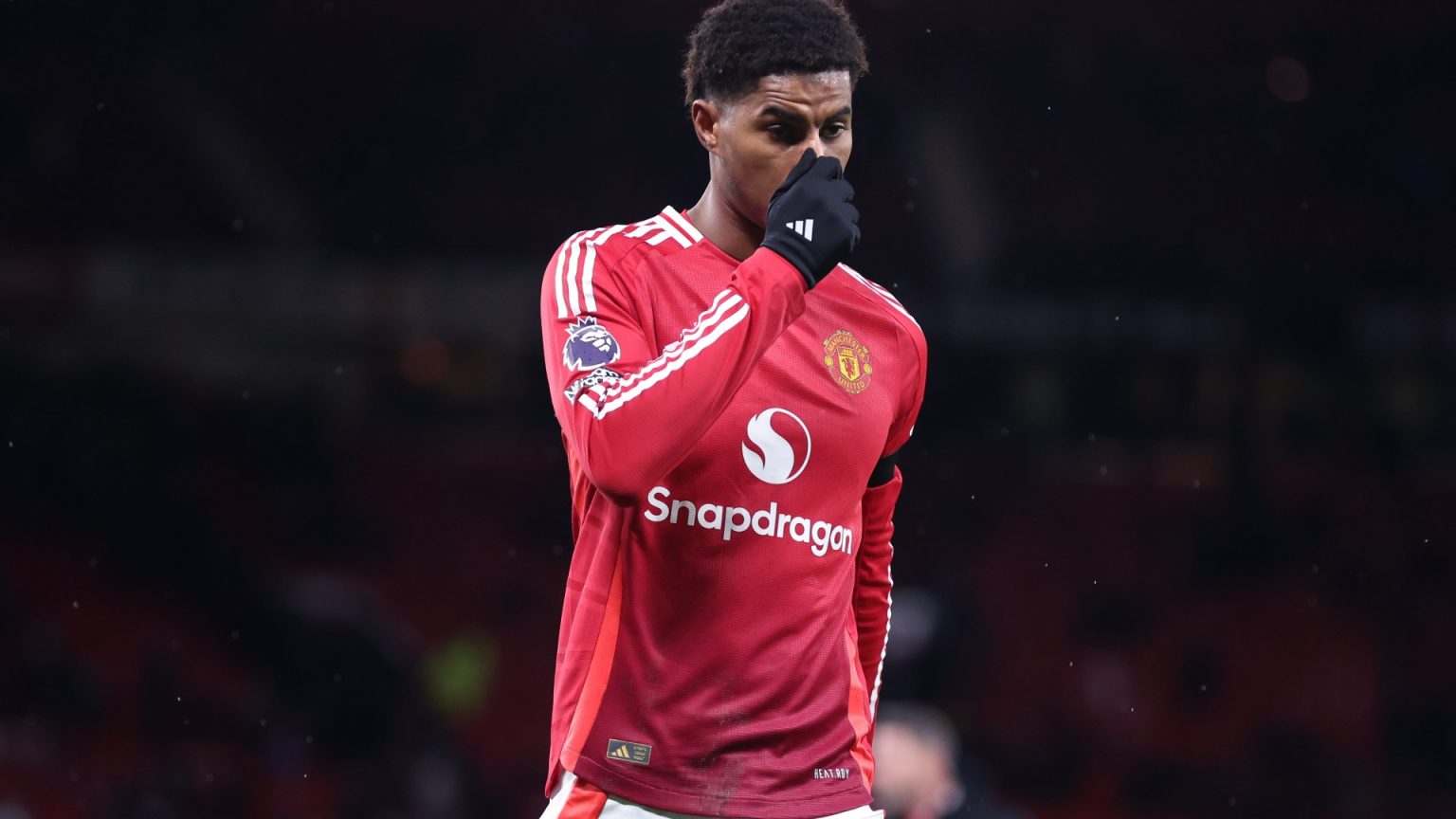Marcus Rashford, the Manchester United forward, is on the verge of a surprising loan move to Aston Villa until the end of the season, a move driven by his strained relationship with manager Ruben Amorim and a lack of interest from top European clubs. Rashford, a product of the United academy and a self-proclaimed lifelong fan, had previously stated his unwillingness to play for another English club. However, the current circumstances have forced a change in his stance, with Aston Villa emerging as a viable option offering both Champions League football and the preservation of his substantial £325,000-a-week wages. Amorim’s public criticism of Rashford’s training habits, even suggesting he’d prefer to field the 63-year-old goalkeeping coach over the forward, has effectively ended Rashford’s prospects at Old Trafford under the current regime.
The move to Villa represents a pragmatic solution for Rashford, who initially hoped for a transfer to a major European club. While his talent and experience made him a desirable asset, the anticipated level of interest failed to materialize. Villa’s willingness to shoulder a significant portion of his wages, combined with their participation in the Champions League, presented a compelling alternative. This allows Rashford to maintain his current earnings while continuing to compete at the highest level of club football, a crucial factor for a player aiming to retain his place in the England national team.
The situation highlights the complexities of player transfers in modern football, where financial considerations often intersect with sporting ambitions. Rashford’s desire to play at the top level, combined with the lack of suitable offers from European giants, made Villa’s proposal attractive despite his previous allegiance to United. The loan deal provides a temporary solution, allowing Rashford to showcase his abilities on a prominent platform while awaiting potential opportunities in the future. For Villa, the acquisition of a proven Premier League talent boosts their attacking options as they aim to make a significant impact in the Champions League.
The breakdown in Rashford’s relationship with Amorim has been a key factor in his departure. The manager’s public pronouncements, bordering on humiliation for the player, left little room for reconciliation. Rashford’s absence from the matchday squad since mid-December, barring one appearance as an unused substitute, underscored the irreparable nature of the rift. This situation reflects the delicate balance of power between managers and players in the high-stakes world of professional football, where even established stars can find themselves marginalized if they fall out of favor with the coaching staff.
Rashford’s move to Villa represents a significant shift in the Premier League landscape. It sees a high-profile player, accustomed to the pressure and expectations of a club like Manchester United, joining a team striving to establish itself among the elite. The loan deal presents both challenges and opportunities for Rashford. He will need to adapt to a new environment and prove his worth to a different set of fans and teammates. At the same time, he has the chance to reignite his career and potentially attract the attention of other clubs, both in England and abroad.
The transfer saga also underscores the importance of squad management and the delicate nature of player morale. Amorim’s handling of the Rashford situation, while arguably justified from a tactical perspective, carries the risk of alienating other players and creating a negative atmosphere within the squad. While the short-term benefits of removing a disgruntled player might be apparent, the long-term implications for team dynamics and club reputation can be significant. For Rashford, the move to Villa offers a fresh start and a chance to remind everyone of his capabilities. The coming months will reveal whether he can recapture his best form and fulfill his potential in a new environment.











